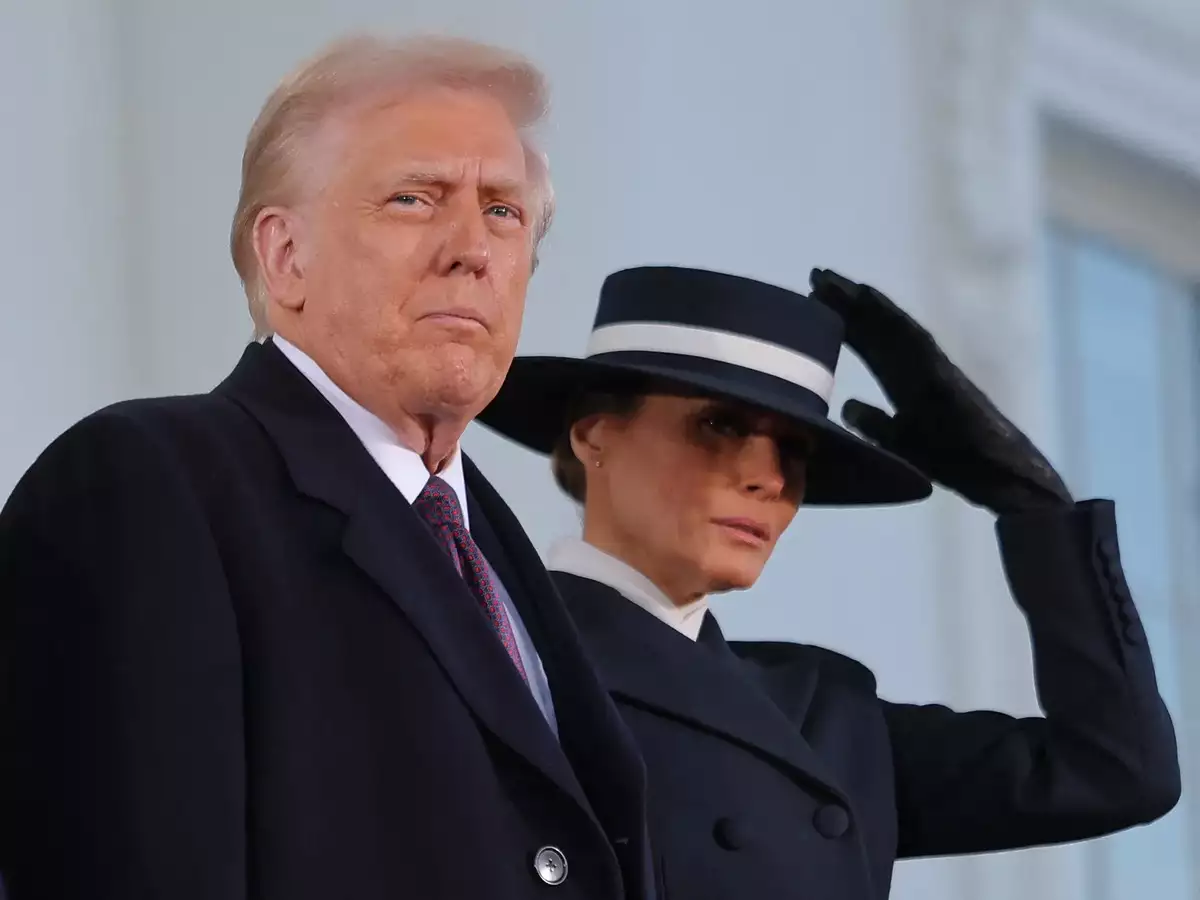President Donald Trump has issued a stern ultimatum demanding that pharmaceutical companies implement sweeping drug price reductions or face harsh political consequences. His remarks have sent shock waves through the industry with executives calling urgent meetings to discuss potential compliance or pushback.
Trump warned that any failure to bring down costs would result in intense public scrutiny and regulatory action if he returns to office or influences policy from behind the scenes. He targeted companies producing high cost medications for conditions like cancer and diabetes calling out what he described as price gouging.
Pharma leaders are now scrambling. Some are considering accelerated plans to lower list prices increase discount programs or restructure pricing strategies to avoid backlash. Others fear that hasty changes could harm research budgets and delay drug development timelines.
The reaction in Washington has been swift. Lawmakers on both sides of the aisle are reacting to Trump’s pressure. Some lawmakers are urging for hearings and fact finding to examine pharmaceutical pricing practices while others see opportunity to bolster existing reform proposals already moving through Congress.
For consumers the potential shift could mean reduced out of pocket costs but uncertainty remains about which drugs would be affected and how deeply prices can fall without impacting innovation. Insiders indicate that talks are underway behind closed doors with industry lobbyists and policymakers to find a balance.
Trump’s threat reflects political power to influence markets even outside office. If pharmaceutical firms act quickly they may avoid confrontation. If they resist they risk becoming targets in what could become a high stakes campaign issue.
The industry is now at a crossroads where public pressure policy leverage and profit concerns collide. The coming weeks may determine whether drug pricing becomes a central battleground in the next political cycle.




